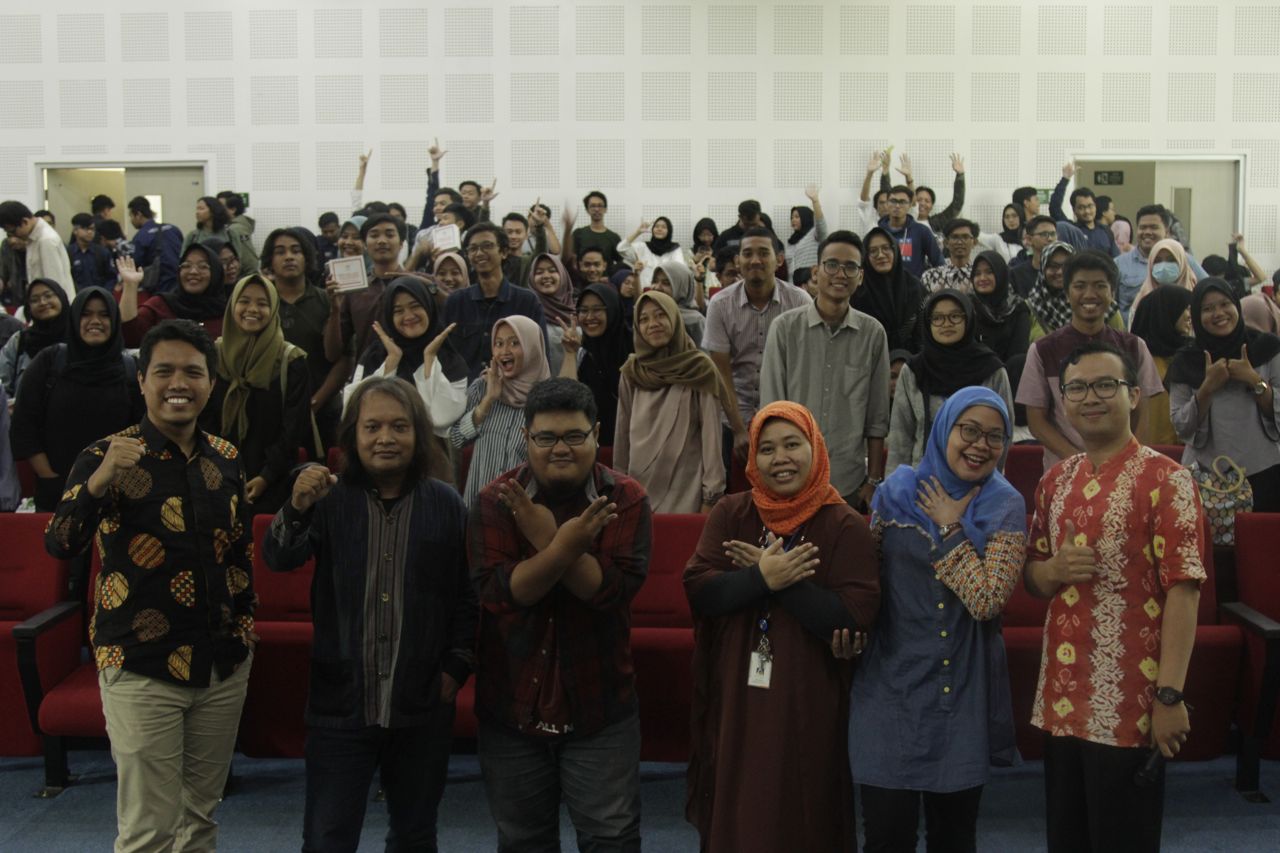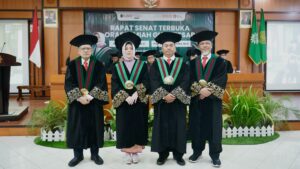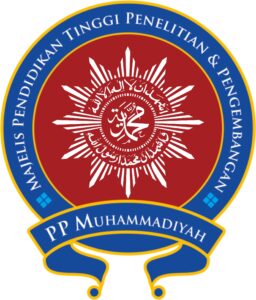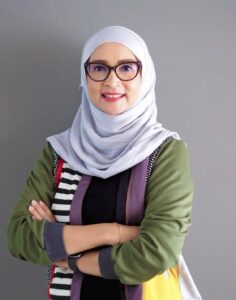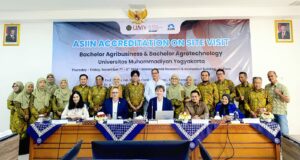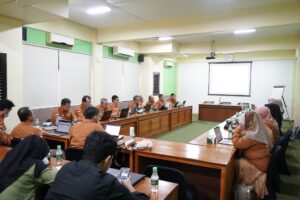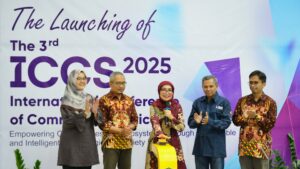Disruptive era becomes a new challenge for Indonesian students. One of the phenomena occurs in society is citizen journalism. Nowadays, every individual can report an occurrence they encounter. Citizen journalism holds an active role in soliciting, analyzing, reporting, and spreading information. On Thursday (14/3), Department of Communication Science of Universitas Muhammadiyah Yogyakarta (UMY) conducted a local seminar on “Citizen Journalism” for students of UMY. The seminar took place at K.H. Ibrahim Building and invited three speakers, including Mojok.co Redactor and two lecturers of Department of Communication Science of UMY.
Head of Department of Communication Science of UMY, Haryadi Arief Nur Rasyid, S.IP., M.Sc. stated, “We realize that media are similar to a double-edged sword. Therefore, we organize this local seminar. We discuss how citizen journalism is properly performed in society. Through proper citizen journalism, we can be spared from disinformation which tends to confuse people.”
The seminar was led by a lecturer of Department of Communication Science, Firly Annisa, S.IP., M.A who acts as a moderator, and then it was proceed by Dr. Fajar Junaedi, S.Sos., M.Si. Fajar delivered a material related to citizen journalism, including definition, challenges, and opportunities. He conveyed, “Everyone is a reporter. We contribute to give reports to many people through our media. We can easily consume media. Practically, we consume media as a part of an individual’s need. If citizen journalism appears, only few people can savor.”
Fajar continued, “Importantly, citizen journalism provides people with new alternative views, especially in a condition which media are thoroughly capitalized by the country.”
Meanwhile, Dr. Filosa Gita Sukmono presented research related to Muhammadiyah and citizen journalism in the digital era. “Muhammadiyah as an Islamic progressive organization is inseparable from technology integration to deliver da’wah. As printed media entered Indonesia in a colonial era, Muhammadiyah initiated an immediate inclusion through Suara Muhammadiyah. After a decade, Suara Muhammadiyah remains exist to publish da’wah materials,” explained Filosa.
Filosa added, “Pwmu.co is an example of media developing collective and organized citizen journalism. What attracts people the most is a fact that pwmu.co routinely updates its contents.”
Moreover, Yamadipati Seno, a redactor of a digital medium of Mojok.co explained how citizen journalism can become a trend among society. “The point is that citizen journalism facilitates people to present facts through a different point of view. People should be selective and careful responding to information because not all incidents possess news values. Mainstream media tend to quit from the news because they will not bring hustle among news consumers. In Mojok.co, we perform differently. We take a different niche which basically comes from paltry news, but still, possess appealing sides for the people. As writers, we must not spread fake news. That is why news and information is important for citizen journalism in the future,” he conveyed.
Seno also detailed journalism ethics. He maintained, “Besides, citizen journalism must not defame someone’s reputation, evoke conflicts related to SARA (ethnicity, religion and race), comprise pornography contents, and most importantly cite clear copyrights for news they want to publish.”
